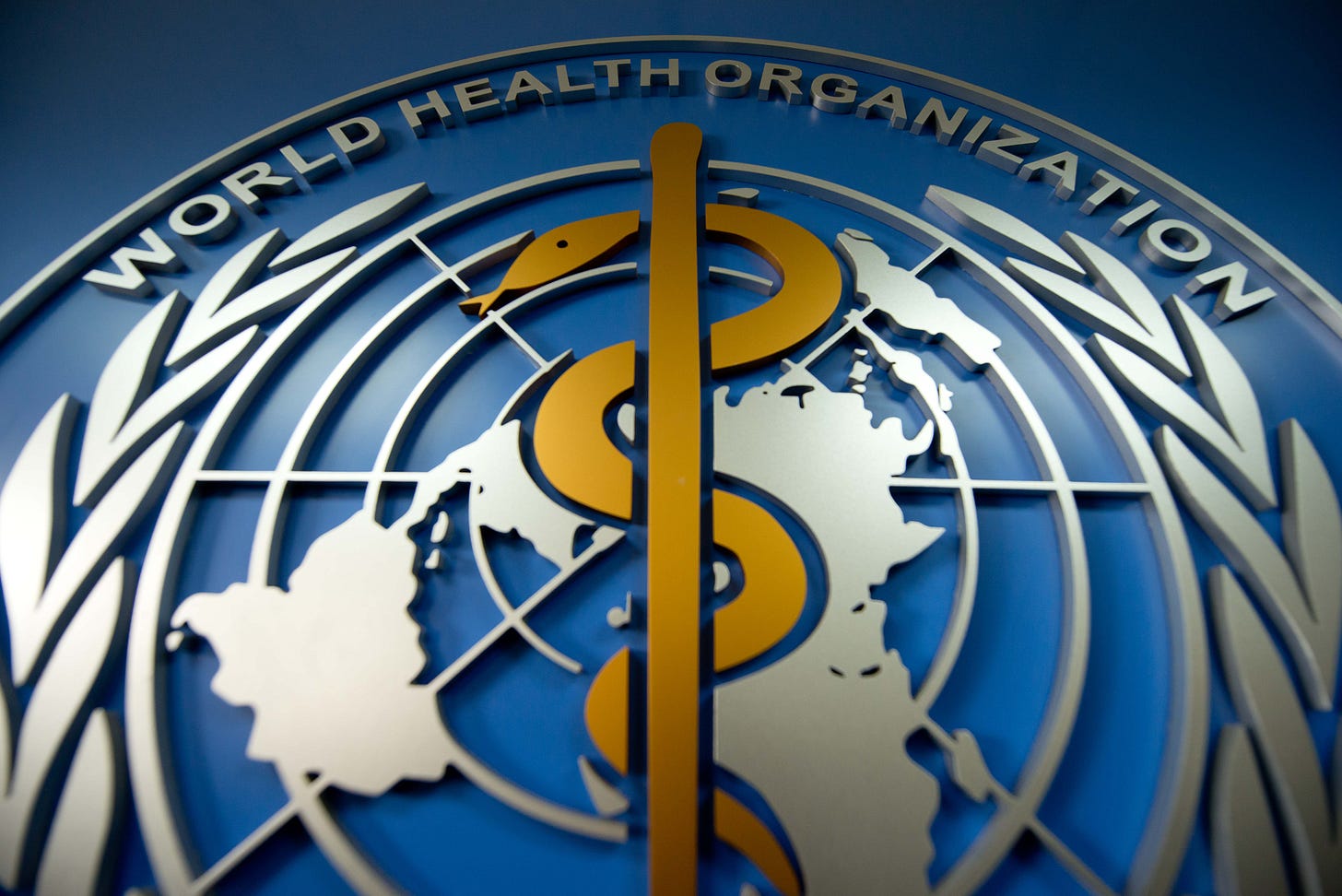The World Health Organization and Canada
Just as there are hundreds of bureaucrats in Ottawa working away at the global agendas of the World Economic Forum and the United Nations, so too are Canadian government officials advancing the initiatives of the World Health Organization (WHO). The ties between the WHO and the Trudeau government are perhaps of greatest concern because Canada has already ceded important health decision making processes. Our health officials have fallen into the orbital pull of the global health technocrats and today are adhering to the dictates of the WHO and its offices. Canadians should be more aware of the consequences of the WHO’s newfound authority, and its proposed powers in a time of a global pandemic crisis.
In this column, a number of loose ends are tied together to explain what is currently happening with the WHO, how this is played out in Canada, and what to look for in the coming weeks.
By way of background on the ties between the WHO and Canada (especially for those reading on this subject …



